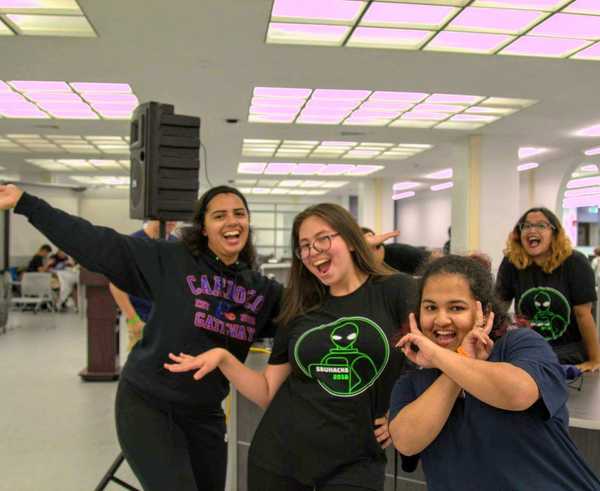In the last week I was privileged enough to attend the National Model United Nations Conference B here in New York representing John Jay as the delegation from Morocco. The Committee I was placed in, along with my co-delegate was called the Organization For the Prohibition of Chemical Weapons (OPCW), which is the United Nations' implementing body of the Chemical Weapons Convention (CWC), a landmark and binding document that calls for the eradication of existing chemical weapons, the protection and assistance of those vulnerable to chemical weapons attacks as well as the involvement of the chemical industry to ensure that harmful chemical agents are not weaponized. The Working Group I was a part of focused on a few reforms to existing measures already in place by the OPCW and worked diligently to find gray areas that needed updating. Before I go into detail about what we discussed at length, I would like to express my pride and gratitude in working with the John Jay NMUN team as they worked extremely hard and managed to do some great work at conference.
In regard to the eradication of chemical weapons, it is significant difficult to enforce this worldwide, especially when it comes to nation states that lack the financial and logistical mechanisms and resources to accomplish this goal. Bearing this in mind, my Working Group proposed adding reforms to the existing OPCW Secure Information Exchange (SIX) database, which creates broad information-securing procedures between Member States and the Technical Secretariat to include measures to involve corporations in providing information about transnational shipments of chemical agents to clear the path for a safe and secure chemical industry with an absence of chemical weapons. Additionally, my Working Group proposed a system of best practices lower-income and vulnerable Member States could adopt that would include the creation of risk-assessment programs to deem the risk of specific chemicals within the chemical industry trade, investigation and training policies among local law enforcement and export licensing regimes. Finally, my Working Group and I came to the conclusion to involve civil society and Non-Governmental Actors as best as we could in the process of the eradication of chemical weapons by partnering with them to engage in several research initiatives and Working Groups sponsored by OPCW to look into newer technologies of disposal and identification of stores of chemical weapons.
Despite the successes of the CWC, there still remains a lot of work that must be done in order to completely eradicate chemical weapons from the world. However, the work put in by my colleagues and I at NMUN for OPCW makes me hopeful of a world devoid of these weapons. You can find the full pdf of the resolution crafted by my working group here.



















